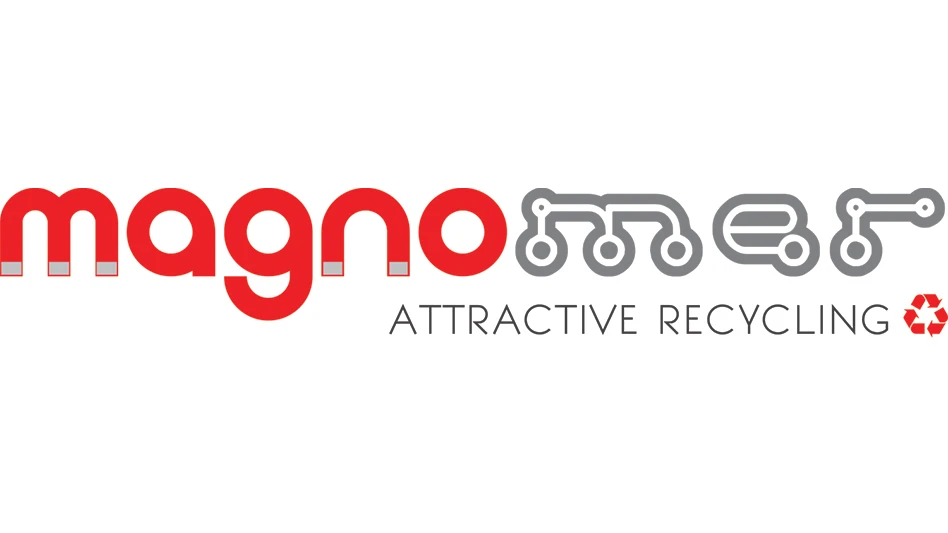
Image provided by Dreamstime.
The Environmental Services banking team at the New York office of Japan-based Mitsubishi UFJ Financial Group (MUFG) says despite a reduction in waste volumes during the COVID-19 pandemic, “the waste management industry has proven strong, with increasingly agile companies operating in what has historically been a resilient business.”
MUFG issued its perspective in concert with Climate Week—an annual summit on environmental and policy issues that took place in late September in New York City and other cities around the world.
The MUFG Environmental Services banking team includes Managing Director Robert Jones, Director Maria Maia and Vice President Fabio Lauro. The team is part of the wider MUFG organization, which describes itself as one of the world's largest financial institutions by assets, with approximately $3.2 trillion in assets.
“In the latter part of the first quarter and in the second quarter of 2020, most waste services companies experienced a reduction in waste volumes across sectors because of the COVID-19 pandemic,” says Maia. “Commercial volumes declined the most—roughly by 15 to 25 percent for some companies—because of widespread closures of offices, shopping malls, restaurants and other business establishments.”
She added that waste and recycling volumes from construction and demolition (C&D)—which tend to be susceptible to economic slowdowns affecting housing and construction at large—also declined, albeit to a lesser extent, as many construction projects continued throughout government-imposed restrictions.
“Residential waste volumes have actually increased because of the larger population of people working from home,” she adds. “However, since the pricing of residential waste collections is generally based on volume—not weight—few waste services companies were able to pass on higher residential pricing in the second quarter.”
“Despite the pandemic, the industry was able to maintain consistently strong cash flows, service its debt and provide returns to shareholders,” says Maia.
Jones says environmental initiatives mean “the waste management industry is serving an instrumental role on the front lines of environmental stewardship, supporting broader sustainability goals in the United States.”
He says technology is playing a larger part in the industry to enhance operational efficiencies, reduce costs and strengthen competitiveness. “Examples include new technologies that improve route planning for waste-collection vehicles, modernize the vehicles themselves, and enable sophisticated maintenance programs and data tracking of key operating metrics.”
Lauro refers to the U.S. waste management industry as highly fragmented, ripe for continued consolidation and attracting investors, including private equity sponsors. “A large portion of the industry’s revenue today is concentrated among the four largest public waste services companies, while the remainder of the industry is fragmented among thousands of companies that are identified as solid-waste collection and disposal businesses,” says Lauro.
“Consolidation activity—especially among the large players—has been accelerating in deal volume and transaction amount over the past 3-4 years,” adds Lauro.
Industry consolidation, financing and growth opportunities will be the focus of the day-long Waste Today Corporate Growth Conference online broadcast event. The broadcast will take place Thursday, Oct. 1, and those seeking registration information can find it on this web page.
Latest from Recycling Today
- Nippon Steel acknowledges delay in US Steel acquisition attempt
- BASF collaborates to study mechanical plastic recycling
- Commentary: navigating shipping regulations for end-of-life and damaged batteries
- Haber raises $44M to expand to North America
- Canada Plastics Pact releases 2023-24 Impact Report
- Reconomy brands receive platinum ratings from EcoVadis
- Sortera Technologies ‘owning and operating’ aluminum sorting solutions
- IDTechEx sees electric-powered construction equipment growth





